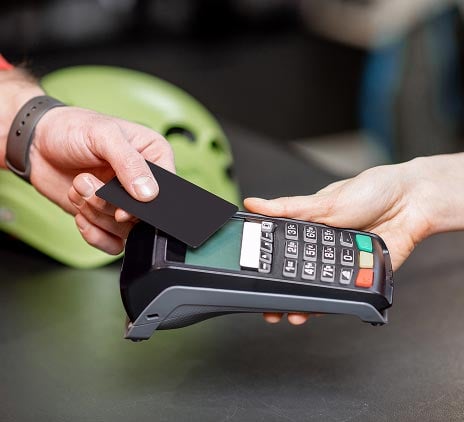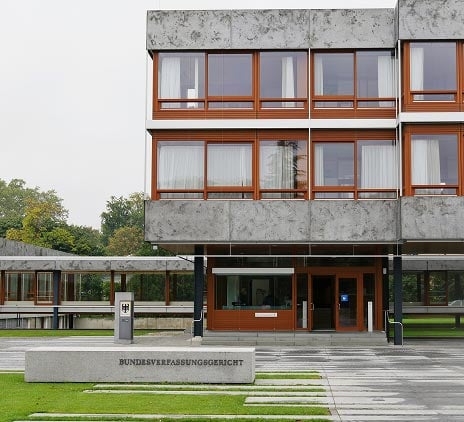Managing holding partnerships may be the controlling company in a tax group
Corporate tax advisory in practice
In its judgment of 27/11/2024 (case I R 23/21), the Federal Fiscal Court (Bundesfinanzhof – BFH) held that holding partnerships engaged purely with management may act as the controlling company within a consolidated corporation tax group, even if they do not provide any intra-group services for compensation. This decision constitutes a significant expansion of the understanding of commercial activity as defined by the Corporation Tax Act (KStG) (sections 14(1) no. 2 sentence 2) and the Income Tax Act (EStG) (section 15(1) sentence 1 no. 2).








































